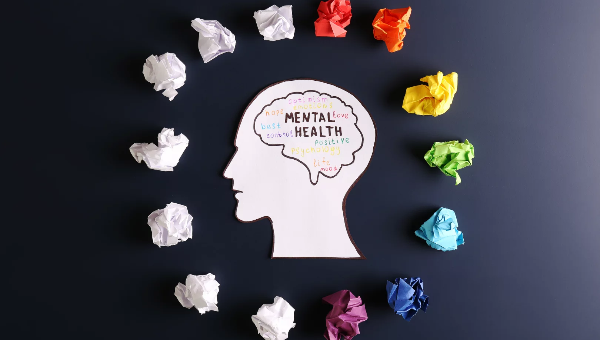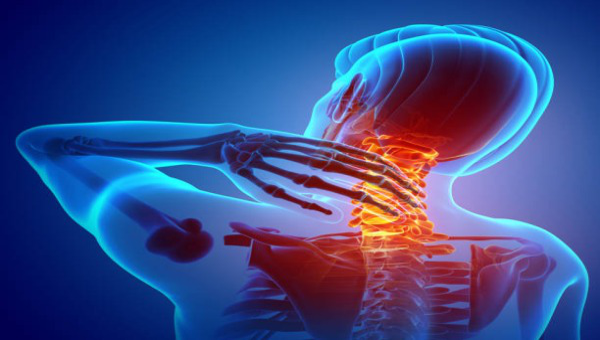Mental Health
Feb 15, 2024
Mental Health
▸ Mental health includes our emotional, psychological, and social well-being. It affects how we think, feel, and act. It also helps determine how we handle stress, relate to others, and make choices. Mental health is important at every stage of life, from childhood and adolescence through adulthood.
WARNING SIGNALS OF POOR MENTAL HEALTH
1.Are you always worrying?
2. Are you unable to concentrate because of unrecognised reasons?
3.Are you continually unhappy without justified cause?
4.Do you lose temper easily and often ?
5. Are you troubled by regular insomnia?
6.Do you have wide fluctuations in your mood
7.Do you continually dislike to be with people?
8. Are you upset if the routine of your life is disturbed?
TYPES OF MENTAL ILLNESS
1.Organic disorders - eg dementia in Alzheimer's disease.
2.Mental and behavioural disorders due to psychoactive substance use - eg. alchohol, opoid dependence syndrome.
3.Schizophrenia and delusional disorders - eg. Paranoid schizophrenia, delusional disorder, acute and transient psychotic disorder.
4.Mood (affective) disorders - eg.bipolar affective disorder, depressive episode.
5.Neurotic, stress related disorders - eg. generalized anxiety disorder, obsessive compulsive disorders.
6.Behavioural syndromes - eg. eating disorder, non-organic sleep disorders.
7.Disorder of adult personality and behaviour eg.paranoid personality disorder.
8.Mental retardation.
PREVENTIVE ASPECTS
PRIMARY PREVENTION:
Improving the social environment, promotion of social, emotional and physical well being of all people. Working for better living conditions/health.
SECONDARY PREVENTION:
Early diagnosis of mental illness and of social and emotional disturbances through screening programmes in schools, university, industry and provision of treatment facilities. Family based health services have much role to play.Family counseling is also a method for helping the ill.
Difference Between Mental Health and Mental Illness
While mental health is always there and may be positive or negative, mental illness refers to a wide range of mental health conditions that affect a person's thinking, feeling, behavior or mood over a long period of time.
A mental illness can deeply impact day-to- day living and coping with work, relationships, and other demands. But in most cases, those symptoms can be managed with a combination of medications and talk therapy (psychotherapy).





